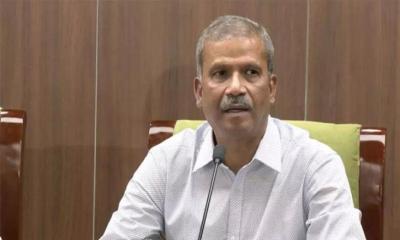Air pollution in Dhaka is creating severe health concerns and increases the risk of stroke, heart diseases, lung cancer, and both chronic and acute respiratory diseases, a survey by the Centre for Policy Dialogue (CPD) says, reports agencie.
Acute respiratory disease, including asthma, the primary symptoms of which include coughing, breathing problems, runny nose, sore throat, chest pain, and eye irritation, rose alarmingly in the city, it says.
The CPD, a think tank revealed this finding of the survey titled ‘Reducing Pollution for Greening Cities’ held at BRAC Centre, Mohakhali in the capital on Wednesday.
The Green Cities Initiative was implemented by the CPD, in collaboration with KIVU International and the International Growth Centre (IGC), with support from the Foreign, Commonwealth, and Development Office (FCDO) of the United Kingdom of Great Britain and the Northern Ireland (UK).
The report has been prepared by Dr Fahmida Khatun, Executive Director, CPD, Syed Yusuf Saadat, Research Fellow, CPD, Afrin Mahbub, Programme Associate (Research), CPD, and Marium Binte Islam, Research Associate, CPD.
Syed Yusuf Sadat presented the keynote at the event. The CPD published these data by surveying 500 people in the City Corporation area of Dhaka. The event was presided over by Dr Fahmida Khatun. A number of local and foreign environmentalists were present along with US Acting High Commissioner Mati Kanel at the function.
According to the report, 76 percent of people who participated in the survey think that air pollution increased in the last 2-3 years. Around 73 percent said that plastic pollution increased during this time than before. Around 43 percent of households feel that pollution is increasing due to the direct dumping of plastic on the streets.
Due to these diseases caused by air pollution, Dhaka residents spend more than Tk 4,000 per person every year for the treatment of respiratory diseases.
The empirical data shows that air pollution increased by 13 percent since 2020 which indicates that the respondents’ perception is in line with reality.
These findings can be attributed to a combination of factors such as rapid urbanization, industrialization, vehicular emissions, inadequate environmental regulations, and weather conditions.
Habibun Nahar, Deputy Minister of the Ministry of Environment, Forest and Climate Change, was the chief guest at the event.
She said that pollution cannot be stopped by imposing law only.
“Public awareness is needed for it. Awareness initiatives should be taken at the marginal level to make common people aware instead of holding meetings and seminars,” she added.
As per CPD recommendations, a policy should be made to stop permanent chimney brick kilns by 2028 so that all the permanent chimney brick kilns in Bangladesh can be closed in phases.
At the same time, steps should be taken for brick production by shifting to less polluting processes.
The researchers said the Finance Act should impose a 1.0 percent surcharge on industries for producing products by polluting. The money will be spent on environmental protection.
Policy recommendations for plastic pollution include enforcing a ban on polythene bags as well as emphasising recycling of plastic products, the researchers said.


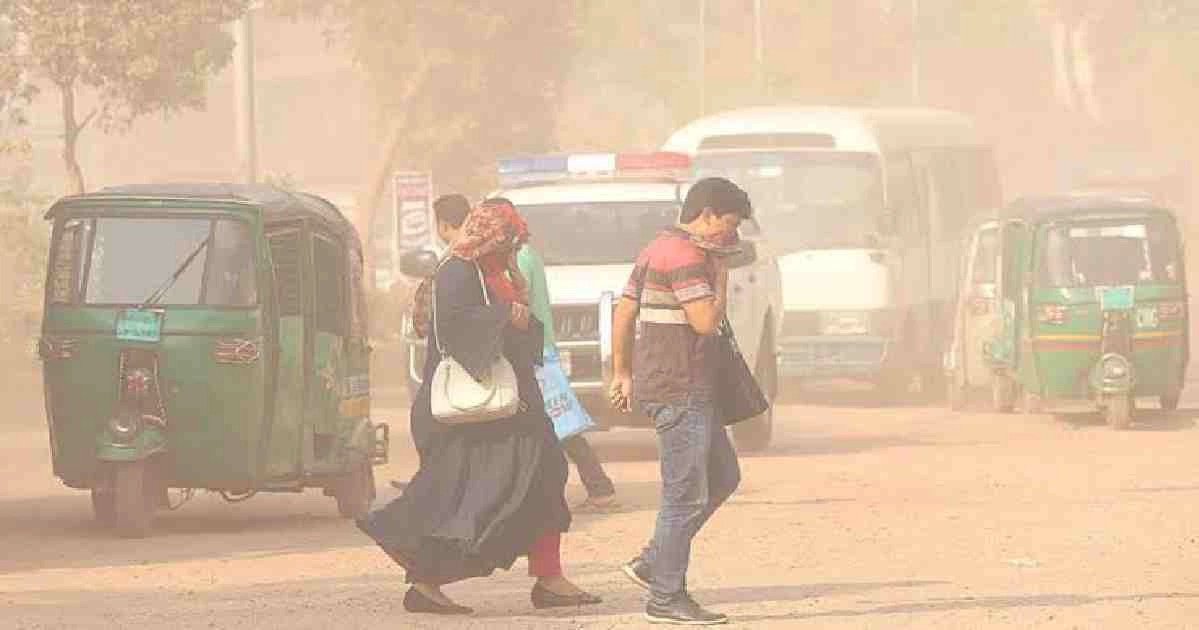

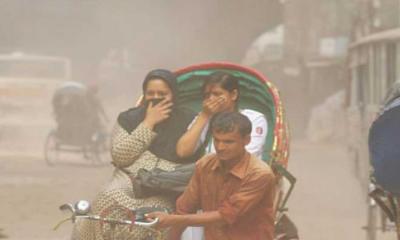
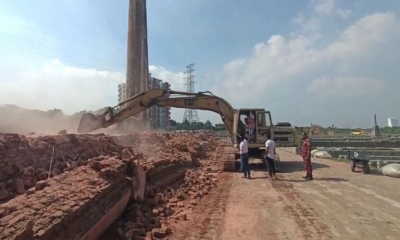
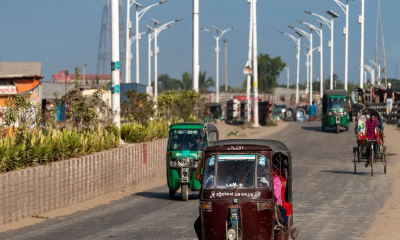
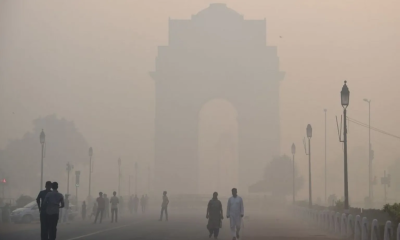
-20251226051932.jpeg)
-20251222051606.jpeg)
-20260216115008.webp)







-20260216055149.webp)





